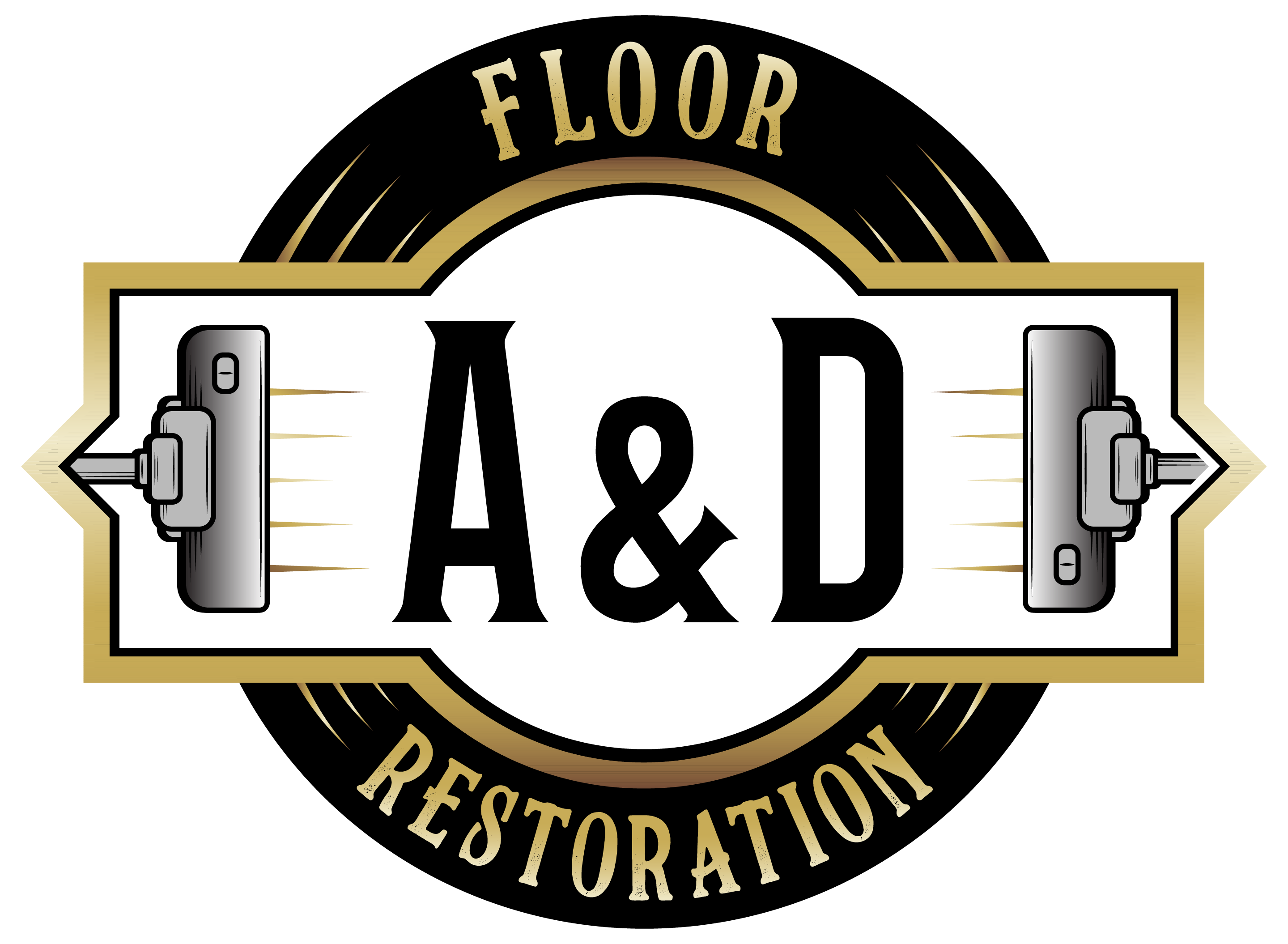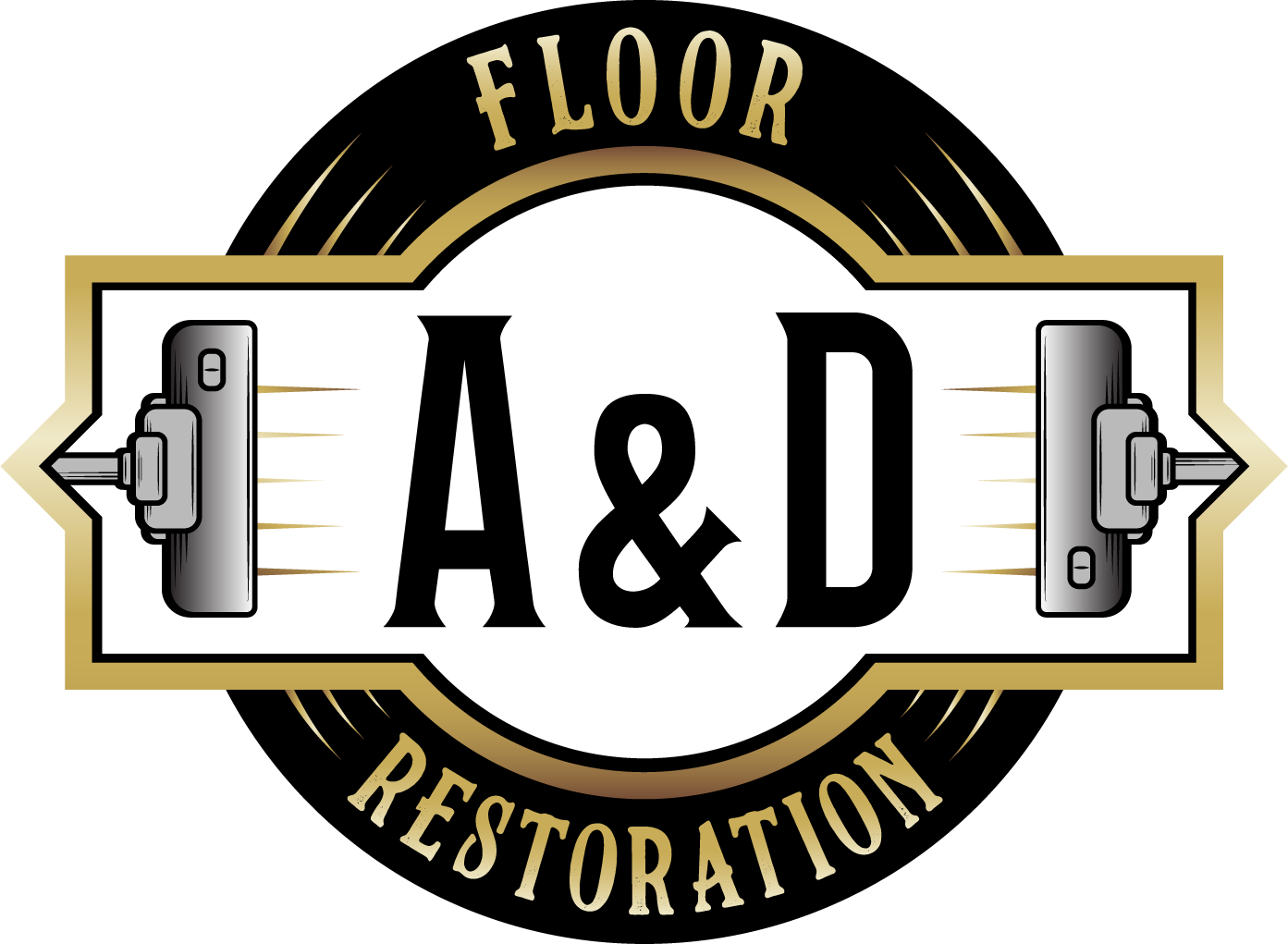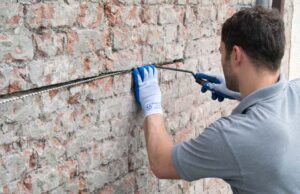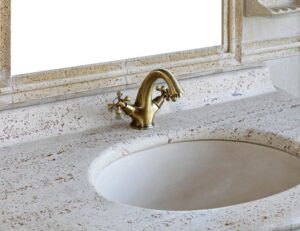Stone countertops bring timeless beauty and sophistication to kitchens and bathrooms—but they’re not invincible. Whether it’s a splash of red wine, a drip of olive oil, or a forgotten coffee ring, stains on natural stone can be stubborn and frustrating. You may be wondering: Can I remove a stain from my stone countertop myself, or do I need a professional?
Let’s explore how stains happen, what you can try at home, when it’s time to call in a professional—and how you can prevent future stains altogether.
Understanding What Causes Stone Staining
Stone countertops—like marble, granite, limestone, and travertine—are naturally porous. That means liquids and oils can seep beneath the surface, especially if the stone isn’t properly sealed. The type of stain often determines how difficult it will be to remove.
Common stone stains include:
-
Oil-based stains: cooking oils, lotion, cosmetics
-
Organic stains: wine, coffee, tea, fruit
-
Metal/rust stains: cans, nails, or tools left on the surface
-
Etch marks: dull spots from acidic substances (like lemon juice or vinegar), which are technically not stains but chemical burns
The sooner you catch and treat a stain, the more likely you’ll be able to remove it fully.
Can You Remove a Stain Yourself?
In some cases, yes—you can remove light surface stains using a few safe, at-home techniques. However, the key is knowing your stone type and the nature of the stain.
For Oil-Based Stains
Try a baking soda and water poultice. Apply the paste, cover with plastic wrap, and let it sit overnight. This may help draw the oil out of the pores.
For Organic Stains
Hydrogen peroxide (3%) can sometimes work on marble or lighter stones. Apply with a soft cloth, and test a small area first to avoid damage.
For Rust or Metal Stains
Rust stains are among the most difficult to remove and often require a professional-grade poultice or restoration service.
⚠️ Important: Avoid vinegar, bleach, ammonia, or acidic cleaners. These can cause etching, especially on marble, limestone, and travertine.
When to Call a Stone Restoration Professional
If the stain has set deep into the surface or if DIY solutions aren’t working, it’s time to call A&D Floor Restoration. Our experienced technicians can:
-
Identify the exact type of stain and stone
-
Use commercial-grade poultices and cleaning solutions
-
Repair etch marks, dull spots, or discoloration
-
Re-seal your countertop for long-term protection
We’ve helped countless homeowners across the East Bay Area restore their stone countertops to a like-new finish—without the need for full replacement.
How to Prevent Stains in the First Place
The best way to deal with a stain is to avoid it entirely. Here’s how:
-
Seal your stone regularly: A properly sealed stone repels moisture and buys you time to wipe up spills.
-
Clean up spills immediately: Especially with red wine, citrus, oils, or tomato sauce.
-
Use cutting boards and trivets: Avoid placing hot pans or acidic foods directly on the surface.
-
Consider AntiEtch® protection: For marble and other etch-prone surfaces, MORE® AntiEtch® offers an invisible, 10-year protective coating that stops etching and staining before it starts.
Stain on Your Stone Countertop? We Can Help.
If you’ve got a stain on your granite, marble, or limestone countertop, don’t panic—and don’t risk further damage by scrubbing it the wrong way. The experts at A&D Floor Restoration are here to restore, seal, and protect your stone surfaces with professional care and proven techniques.
Request a free quote online to schedule your stone countertop evaluation. We serve Brentwood, Danville, Concord, Fairfield, and surrounding areas with top-tier stone care services you can trust.













